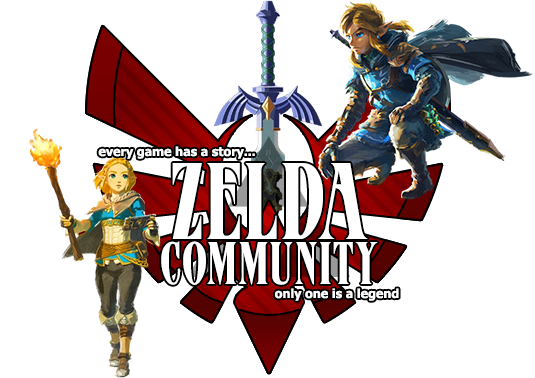- Official Post

I realize this is kind of an esoteric topic for a Zelda forum, but @Lexatom and I were chatting about this earlier, and I was curious if anybody else here is a fan of the French Revolution? Despite its ultimate failure to produce lasting results, I find it to be one of the most beautiful and inspiring events in history. Not to mention instructive. There are corners of tumblr that look an awful lot like The Mountain right now, amirite? Isn't there a saying about those who don't know history being doomed in some fashion or another?
The whole thing starts in the same place that the American revolution did: a bunch of rich fucks who don't want to pay their taxes. But UNlike the American revolution, it actually evolves beyond that. It becomes something that's really about benefiting the people. Of course it all ends terribly, with Robespierre cutting errybody's heads off, the Sancoulat exerting too much influence in favor of quick action and benefiting Parisians rather than all of France, and eventually Napoleon rolling back most of the cool stuff that got accomplished.
None the less, I find the whole thing inspiring, despite its tragedy.

